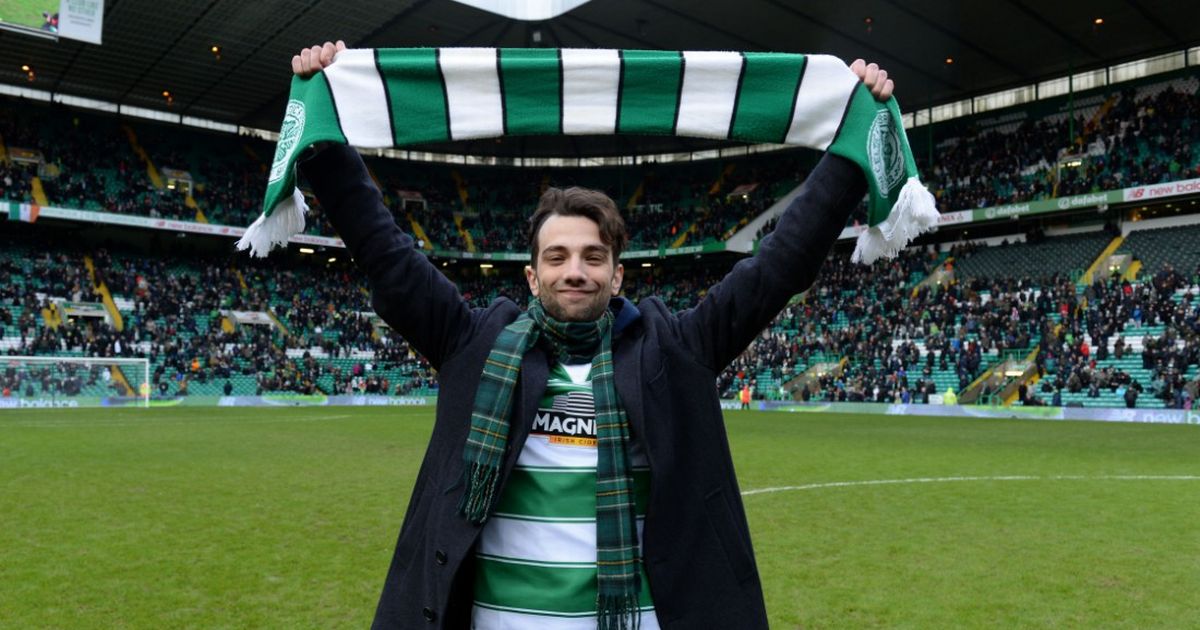Get ready to FOOOOOOOOS!!!!
The award-winning documentary Foosballers, which won the Golden Whistle at the 2019 K+S Soccer Film Festival, has released its official trailer.
The film is coming to select theaters on February 11 (more info to come soon) and to VOD streaming platforms on February 13.
Directed by Joe Heslinga, Foosballers takes a deep dive into the underground world of professional table soccer, following six of the top players as they prepare for the Tornado World Championships. Through an ensemble cast of quirky characters and obsessive fans, the film explores the sport's rich and relatively unknown history -- from its meteoric rise in the 1970s during the Million Dollar Pro Tour, to its devastating collapse in the ‘80s, to its resurgence today.
FOOSBALLERS
Pull Shot Productions in Association with Cascia Films present a film by Joe Heslinga
Written / Directed / Produced / Edited by: Joe Heslinga
Written and Produced by: Mike Wagstaffe
Cinematography and Produced by: Logan Cascia
Featuring:
Todd Loffredo
Tony Spredeman
Ryan Moore
Robert Mares
Terry Rue
Cindy Head
Sullivan Rue
Kelsey Cook
Mike Bowers
Jim Stevens
Kathy Brainard
Johnny Lott
Frédéric Collignon
Doug Furry
Tommy Adkisson
Lee Peppard
Mary Moore
Brendan Flaherty
Tom Yore
Charles Mackintosh
Dave Gummeson
Tracy McMillin
Tony Bacon
Official film website: FoosballersMovie.com










